#joseph l mankiewicz
Text
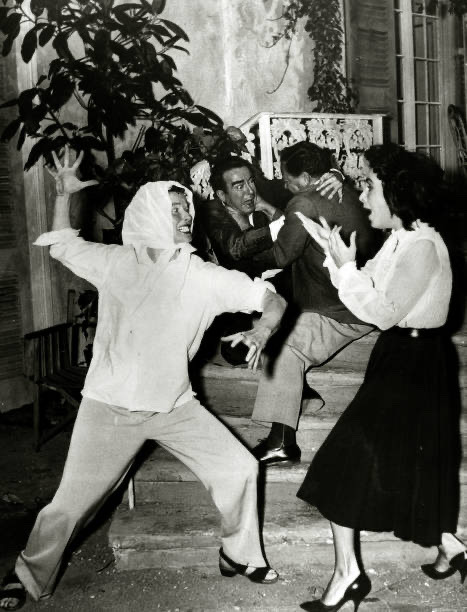
Rumors were that Katharine Hepburn and Elizabeth Taylor were feuding during the making of SUDDENLY LAST SUMMER (1959) so the two staged a mock fight on set. Also getting into the action are Montgomery Clift and the film’s director, Joseph L. Mankiewicz.
2K notes
·
View notes
Text

Vincent Price as Nicholas Van Ryn
Dragonwyck (1946) // dir. Joseph L. Mankiewicz
#vincent price#nicholas van ryn#Dragonwyck#joseph l mankiewicz#gothic#gothic horror#photo#photo edit by me#my goth boyfriend#hes so smooth and so fucking hot#like..LOOK AT HIMS FACE#FUCKING FUCK#bicon#bisexual god#unf#horror#old horror movies#vintage#movie#actor#handsome#bow tie#tux
165 notes
·
View notes
Text
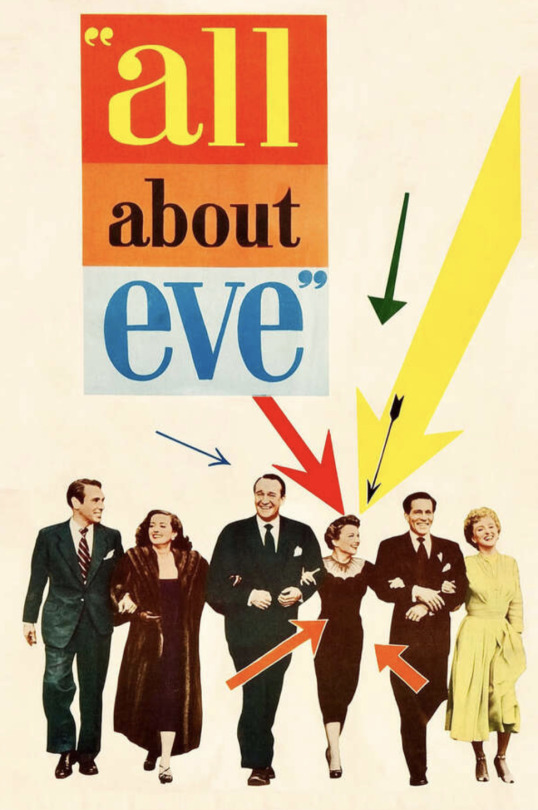
#movies#polls#all about eve#50s movies#old hollywood#joseph l mankiewicz#joseph mankiewicz#bette davis#anne baxter#george sanders#have you seen this movie poll
136 notes
·
View notes
Photo


Julius Caesar (1953) dir. Joseph L. Mankiewicz
253 notes
·
View notes
Text
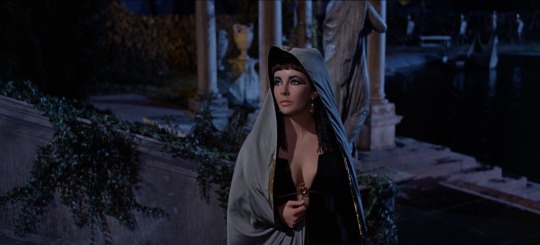
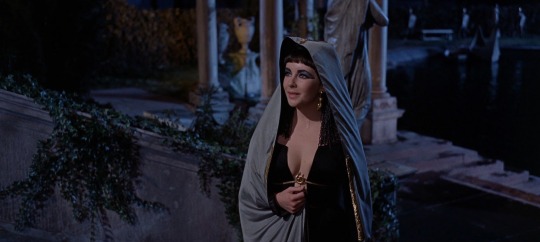

Elizabeth Taylor in Cleopatra (1963)
dir. Joseph L. Mankiewicz
#elizabeth taylor#my post#my screencaps#cleopatra#1960s#old hollywood#joseph l mankiewicz#oscar nominee#classic film#classic hollywood#oldhollywoodedit
145 notes
·
View notes
Text

All About Eve (1950)
166 notes
·
View notes
Photo



Ava Gardner at The Barefoot Contessa premiere, 12 November 1954
206 notes
·
View notes
Text

Elizabeth Taylor (Cleopatra) and Richard Burton (Mark Antony) in Cleopatra (1963)
#mark antony#marc antony#marcus antonius#cleopatra#cleopatra vii#antony and cleopatra#elizabeth taylor#richard burton#cleopatra 1963#joseph l mankiewicz#movies#film photography#film#rome#egypt#alexandria#ancient rome#roman history#roman republic#roman empire#ptolemaic egypt#ptolemaic dynasty#ptolemaic period#ptolemaic#ancient egypt#ancient history#history#culture#hollywood#old hollywood
36 notes
·
View notes
Photo


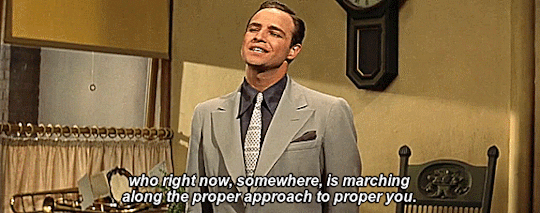




Marlon Brando and Jean Simmons in Guys and Dolls (1955) dir. Joseph L. Mankiewicz
#guys and dolls#1955#1950s#40s#romance#comedy#musical#marlon brando#jean simmons#joseph mankiewicz#joseph l mankiewicz#remember2019#classic hollywood#oldhollywoodedit
113 notes
·
View notes
Text
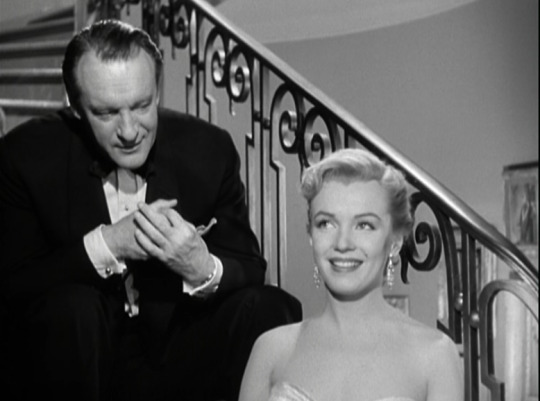
All About Eve (1950)
22 notes
·
View notes
Photo
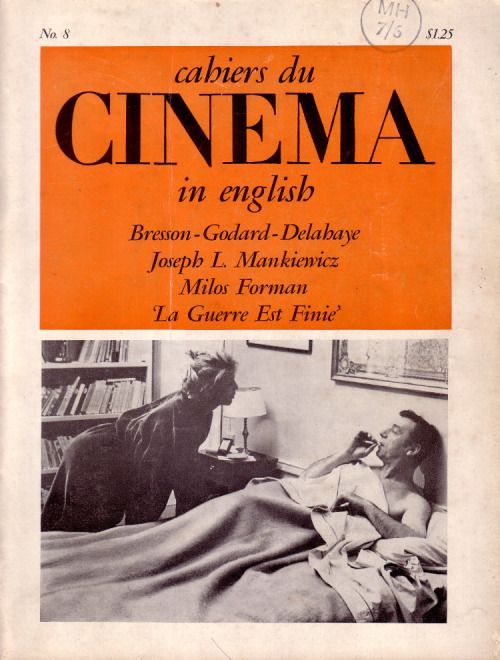
cahiers du CINEMA
#cahiers du cinema#bresson#godard#delahaye#joseph l mankiewicz#milos forman#la guerre est finie#film#cinema#movies#french new wave#french cinema#french film#classic
36 notes
·
View notes
Text
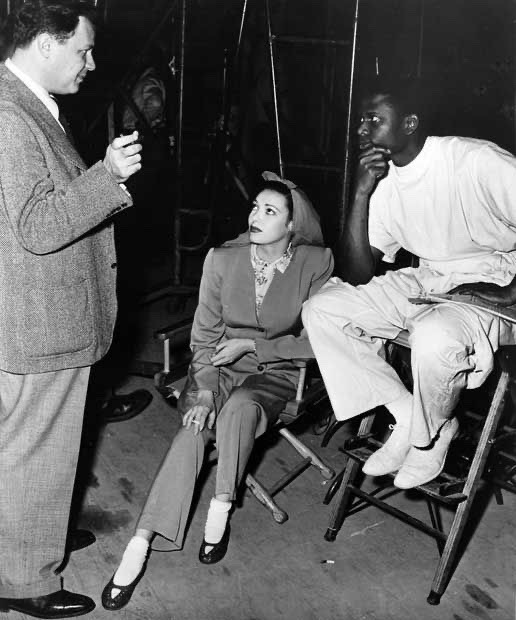
Director Joseph L. Mankiewicz with Linda Darnell and Sidney Poitier on set of NO WAY OUT (1950)
49 notes
·
View notes
Text
youtube
Rod Serling’s Carol For Another Christmas (Joseph L. Mankiewicz, 1964) is eerily prescient, its message still relevant nearly 60 years later, perhaps even more so, and brilliantly presented, with a phenomenal cast.
Please watch and share.
#a carol for another christmas#joseph l mankiewicz#rod serling#the future foretold#please watch and share#Youtube
4 notes
·
View notes
Text
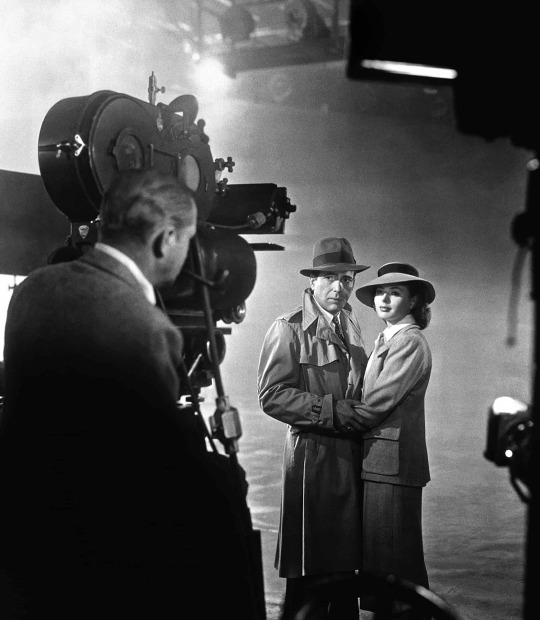

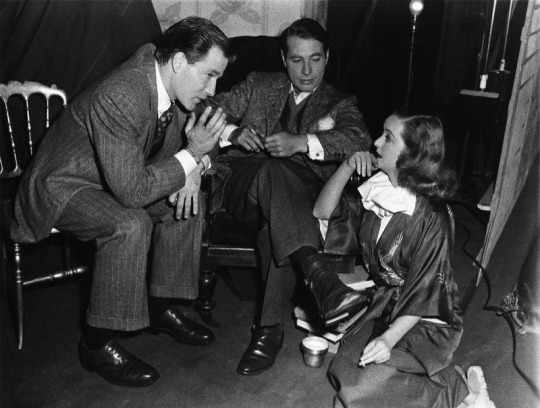
Por trás das cenas de clássicos do cinema (velha Hollywood).
#cinema#60s#60s film#50s#50s movies#audrey hepburn#bette davis#ingrid bergman#humphrey bogart#gary merrill#george sanders#gregory peck#william wyler#joseph l mankiewicz#michael curtiz#casablanca#casablanca 1942#roman holiday#a princesa e o plebeu#all about eve#a malvada#arthur edeson#henri alekan#franz planer#old hollywood#velha hollywood#era de ouro de hollywood
23 notes
·
View notes
Text
Cleopatra (1963)
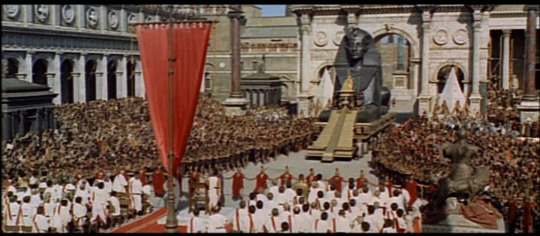
The highlight of any Shakespeare unit during high school English was always when we got to act out scenes rather than just read them out loud. Our teacher always doled out the roles, and I always tended to get handed the character who would die within that given scene, playing Mercutio and Romeo and Macbeth in turn. In hindsight, I don’t think this choice was out of some petty revenge to have me die over and over, but rather that I had a propensity for corniness, almost braining myself on a desk once as I collapsed to the ground with a meterstick-sword clutched under my arm. Get your yucks while you can, old man, but looking at this sprawling epic it seems I was in good company. Cleopatra boasts sumptuous production design and awe-inspiring sets, but underlying it too is a thread of pure camp which comes to the fore whenever someone is tasked with enacting the end of their life. A maid collapses to the floor, dropping a poisoned chalice. Sosigenes gets speared in the gut, carefully falling down to make sure the rig stays in place. Mark Anthony falls on his sword in the most delicate way possible. Even while still alive, characters within the story can’t resist spreading some mustard on their performances. Octavian once recognized by Julius Caesar as his heir becomes a scenery-chewing orator, screaming first of war against Egypt and then at Anthony’s greatness upon his passing. But truly, with so many gold-plated sets and massive statues and more costume changes for its title character than could ever be counted, it’s easy to see the impulse in delivering the story at its most heightened. The glistening jewel at the center of it all is the setpiece where Cleopatra arrives in Rome on a massive golden sphinx. Presumably the Egyptian delegation measured everything to the millimeter as when Cleopatra’s literal red carpet is rolled out and her complicated litter conveyed down the stairs, it couldn’t have been better planned. Cleopatra certainly knew how to do PR. And she knew how to deliver a scathing final burn, dying by the asp in her most glamorous garb while making her interns clean up the mess. A classic move. She definitely used coded terms like ‘fast-paced environment’ in her job application descriptions.
At the core of it all, peeling back the glitz and glamor of the production, the film is essentially a four-hour exploration of people not thinking they’ll ever have to face the consequences of their actions until dammit there’s an army at my doorstep. Who could have ever seen these problems coming? Cleopatra’s leadership is distilled down to imperiousness in Elizabeth Taylor’s turn here, the queen snapping and making demands no matter what was her position in negotiations. If there is interest to be found in examining the gender politics and inter-kingdom relationships in this conflict between the Roman Empire, née Republic and Ptolemaic Egypt, one will have to look elsewhere. Joseph L Mankiewicz’ sprawling narrative boils down to the Romans decrying Cleopatra an “Egyptian whore” while first Julius Caesar and then Mark Anthony think with their other head when considering alliances and matters of state. I will give Julius this much: he’s one sassy bitch, as close as we’ll get in this sort of film to Tony Stark quipping mid-battle about something or other. Mark Anthony is a serial moper and a bit of a himbo, not one for strategy nor one to stick around to see his mistakes through to the bitter end. Why face the consequences of your actions when you can just bid others to paddle you away, only to collapse under the weight of your guilt later? All of the machinations of ambition and diplomacy are distilled down to their simplest form. It’s four hours long and yet the narrative still requires jumps forward, sequences which would have been interesting to see unfold onscreen explained away with either a tossed-off line or the entire frame becoming a crumbling fresco while the narrator fills in the details. That said, what it does allow us to watch is a spectacle on all levels, something that was probably worth all of the blood, sweat, and tears that went into its production.
THE RULES
PICK ONE
Select either ROME or EGYPT and sip when that empire is named.
SIP
Pompey gets name-dropped.
Caesar is a sassy queen.
Someone salutes.
Cleopatra has a new hairpiece.
BIG DRINK
Narration begins.
New form of transportation reliant on tons of dudes hauling something on their shoulders.
Someone puts a scoop of something in a fire.
#drinking games#cleopatra#joseph l mankiewicz#elizabeth taylor#richard burton#rex harrison#romance#historical drama#drama
3 notes
·
View notes
Text

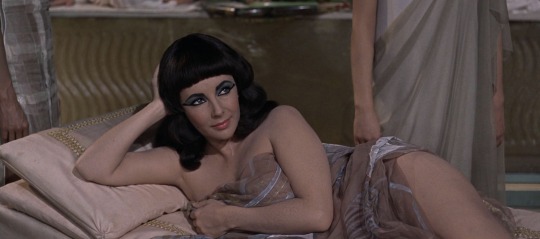


Elizabeth Taylor in Cleopatra (1963)
dir. Joseph L. Mankiewicz
#elizabeth taylor#cleopatra#1960s#the oscars#joseph l mankiewicz#1963#my post#my screenshots#oscar nominations#oscar nominee#old hollywood#oldhollywoodedit#classic hollywood#60s aesthetic#fashion#60s style
41 notes
·
View notes